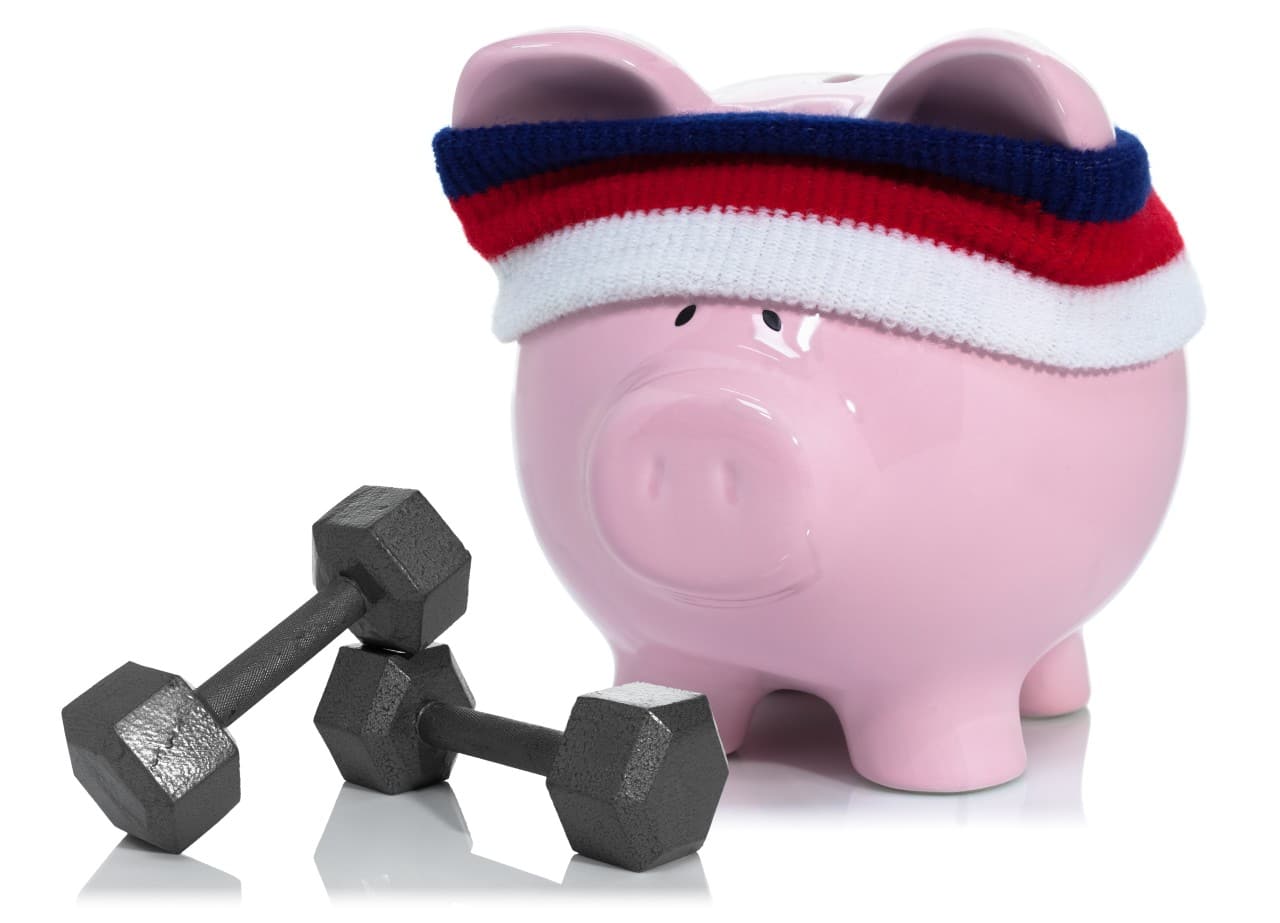Have you ever been at a barbecue and heard the great mortgage rate your neighbours got and wondered why you don’t qualify for the same great rate? There are several factors that affect how lenders price mortgage rates. Of course, it’s different for everyone. In this article, we’ll look at each of the factors that influence how much you’ll pay when choosing a mortgage.
Insured vs. Insurable vs. Uninsurable
An insured mortgage is when you take out a mortgage and you’re putting down less than 20 percent on a property. When you do that you’re required to buy mortgage default insurance. This protects the lender in case you fail to repay the mortgage.
That’s why insured mortgages almost always have the lowest rates. Default insurance adds to the cost of borrowing, but if it helps you buy a home earlier, it’s worth it in many cases.
You’ve probably heard of conventional mortgages. An insurable mortgage is a conventional mortgage that meets all the guidelines of the mortgage insurer. That means it’s for a home with a purchase price of under $1 million and has an amortization period of 25 years or less.
Your mortgage lender pays the mortgage default insurance for you. As such, the mortgage rate tends to be a bit higher than insured mortgages.
The last type of mortgage is an uninsurable mortgage. Uninsurable mortgages are conventional mortgages that don’t meet the insurer’s guidelines. It’s mainly for buying a home with a purchase price of $1 million or more, an amortization period greater than 25 years (30-year amortizations) and mortgage refinance. Uninsurable mortgages tend to have higher rates because they carry the most risk for the lenders.
Primary Residence vs. Rental Property
A primary residence is a property you’re going to be living in as your home, whereas a rental property is a property that you’re not living in where you’re instead fully renting it out to tenants.
It’s almost always cheaper to borrow money for primary residences than it is rental properties and this makes perfect sense. If you ran into financial difficulty and you could only afford to make the mortgage payments on one property, which one would it be?
I think for almost all of us it would be our primary residence. The well-being of our families would be first and foremost. Mortgage lenders know that, therefore, rental properties tend to come with slightly higher rates.
Mortgage Loan Size
With the exception of insured mortgages, generally speaking, the smaller your mortgage is relative to the purchase price or market value of your home, the better the rate you’ll get.
There’re one calculation lenders love to do to determine that for home loans. It’s called loan-to-value. Loan to value is calculated as the mortgage amount divided by the purchase price or market value of your home. For example, if you take out a $300,000 mortgage for a property you’re buying for $500,000, then the loan to value would be 60 percent ($300,000 / $500,000 = 60%).
Generally speaking, mortgages with a loan-to-value of 65 percent or less tend to have the best mortgages rates. You can sometimes get as good of a rate as an insured mortgage. This is what you should aim for if you want the very best mortgage rate.
Fixed or Variable Mortgage Rates
Variable mortgages initially tend to be priced lower than a fixed rate. However, that doesn’t mean things will remain that way. The pricing of variable-rate mortgages is based on the prime rate plus or minus a spread. For example, if the prime rate were at 2.45 percent and your mortgage is prime less 0.50 percent, then your mortgage rate would be 1.95 percent.
However, if the prime rate were to increase by 0.25 percent, your new mortgage rate would be 2.20 percent. If you think the prime rate is going to remain steady or fall, that’s when a variable rate mortgage can make sense. However, if your belief is that rates will rise, it’s probably best to avoid a variable rate mortgage.
With fixed mortgages, your mortgage payment and rate are fixed or stay the same for the duration of your mortgage. As such, mortgage lenders tend to charge a premium on the rate. If fixed-rate mortgages are a lot more than a variable rate, you’ll have to decide whether the premium of locking in is worth it or whether you’d be better off taking your chances with a variable rate.
Credit Score
You don’t have to have a perfect credit score to qualify for a mortgage. Generally speaking, to qualify for the best mortgage rates, lenders want you to have a credit score of 680 or greater. When you have a credit score of at least 680, that’s considered good credit in the eyes of the lender.
If you’re curious about your credit score, you can request a free copy of your credit report to see your credit history. Although it won’t have your credit score, you can see your payment history, which is the most important factor the credit rating agencies use in determining your credit score. If you see any inaccuracies, you can take the necessary steps to get them corrected, so you won’t run into any issues later on qualifying for a mortgage.
Other Things That Affect How Lenders Price Mortgage Rates
If the above wasn’t enough, here are some other things that affect mortgage pricing.
- If it’s a purchase, transfer, or refinance. Generally speaking, purchases tend to come with the lowest rate, followed by transfers and then refinances.
- The duration of the mortgage term also affects pricing. The mortgage rates will be different whether you’re signing up for a one-year term or a five-year term.
- Where you’re signing up for the mortgage matters, too. Whether you’re signing up for a mortgage with mortgage brokers, banks or credit unions may impact the rate you get. Generally speaking, brokers tend to have the most competitive mortgage options.
Conclusion
As you can see a lot of things affect how lenders price mortgage rates. Are you confused by any of these things? Reach out to our offices today and we can help walk you through the process.









